In practise the answer is more likely to be "NO" to the question as stated. The Q. says "(usage) never reaches 8 GB" and mentions "same type of memory" thus the most likely factor affecting speed (disk buffering) wont be affected. A common practical example is database servers with enough memory to buffer the complete hard disk - eg with 4GB of files and 2GB of process/system allocated memory doesn’t benefit from more than 8GB of memory.
Exceptions:
More memory can slow Hibernation - on my system with 32GB of memory and SSD disk a cold boot is significantly faster than awakening it from hibernation as it saves the whole 32GB on hibernation, but a cold boot requires much less to be read. Reducing memory would speed the system.
It Would be faster if you accessed more of the hard disk and most people have more disk usage than memory left over for buffering, so extra memory helps. Also many O/S report only part of the usage as "usage" and the rest is counted as buffering not "usage". (Linux reports usage both inclusive and exclusive of buffering).
Memory channels affect performance: [If removing memory means you reduce the number of memory channels in use then the system would slow down as Foon correctly pointed out]
[edit:] David Schwartz commented that lowering memory reduces the limits for private, modifiable memory mappings under windows. Windows apparently limits the total of these reservations to the total of memory plus swap so you can run out of this resource even though there is "free memory" reported (since real memory/swap is not allocated till a page is accessed, it is not counted as memory usage). Linux behaves differently - each process can allocate up to the the total of memory and swap size, and the total over all processes can exceed the total of memory plus swap.
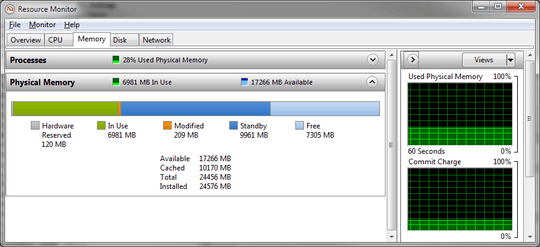
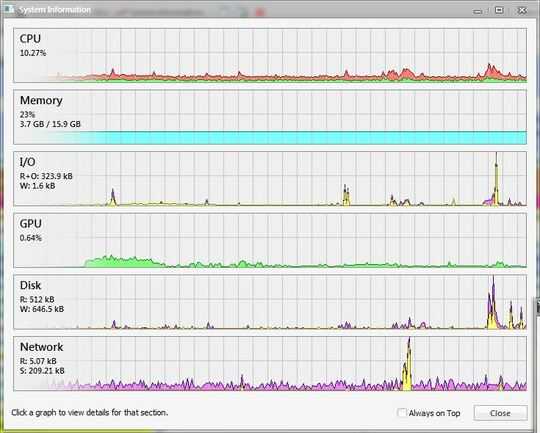

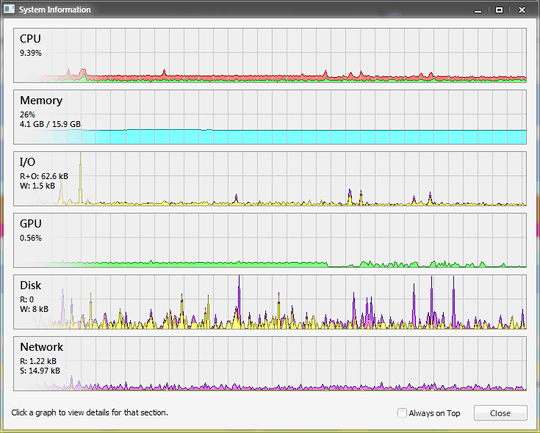

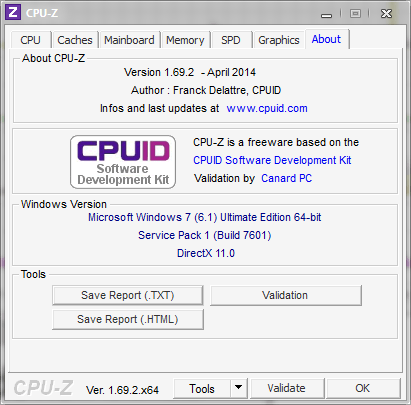
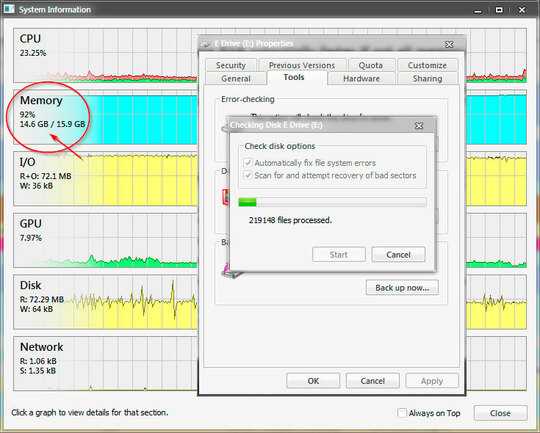
17Part of the difficulty of this question is that "in use" is difficult to define for any modern operating system with virtual memory and memory-mapped files. For example, is the code ("text") segment of an executing program "used" or "cache"? – R.. GitHub STOP HELPING ICE – 2014-07-23T17:38:39.540
5Different operating systems manage memory differently. No operating system has been indicated in the question. The term "is use" can also mean different things. Bad question, even worse answer chosen. – Jason – 2014-07-23T21:59:33.173
The smaller memory is potentially faster, since there's less load on the memory address drivers. In practice, though, I doubt that the clock speeds are adjusted to take this into account, so there'd be no difference. (This is assuming the "extra" RAM would just sit there like a lump and not somehow be put to use.) – Daniel R Hicks – 2014-07-23T23:03:55.230
3This question really needs a definition of "in use". Every answer (as the currently accepted) that claims cache tells about a use of memory. This is probably the more usefull definition, but separating different uses of memory would be helpfull. I assume we might not want to discuss if completely unused memory is helping... – Nanne – 2014-07-24T13:55:42.660
Also note that that having the extra ram stick itself makes it faster, since both should be able to be accessed in parallel. – Tyzoid – 2014-07-25T12:59:22.017
The question "Are computers potentially faster...?" is at odds with the text: "Would my computer run equally fast without the extra memory?". If the answer to the first is Yes, then the answer to the second is No. Making these consistent would improve the question. – Dominic Cronin – 2014-07-27T12:43:31.117
@Tyzoid What you're referring to is called "dual-channel" or "multi-channel", where sets of one or more DIMMs are attached to independent channels of one or more memory controllers. – user314104 – 2014-07-29T16:23:59.150
@user314104 Right. Where the OP said '
run equally fast by removing the other half of the 16 GB leaving just 8 GB'. I implied that it referred to two 8gb sticks of ram. – Tyzoid – 2014-07-29T18:09:04.803